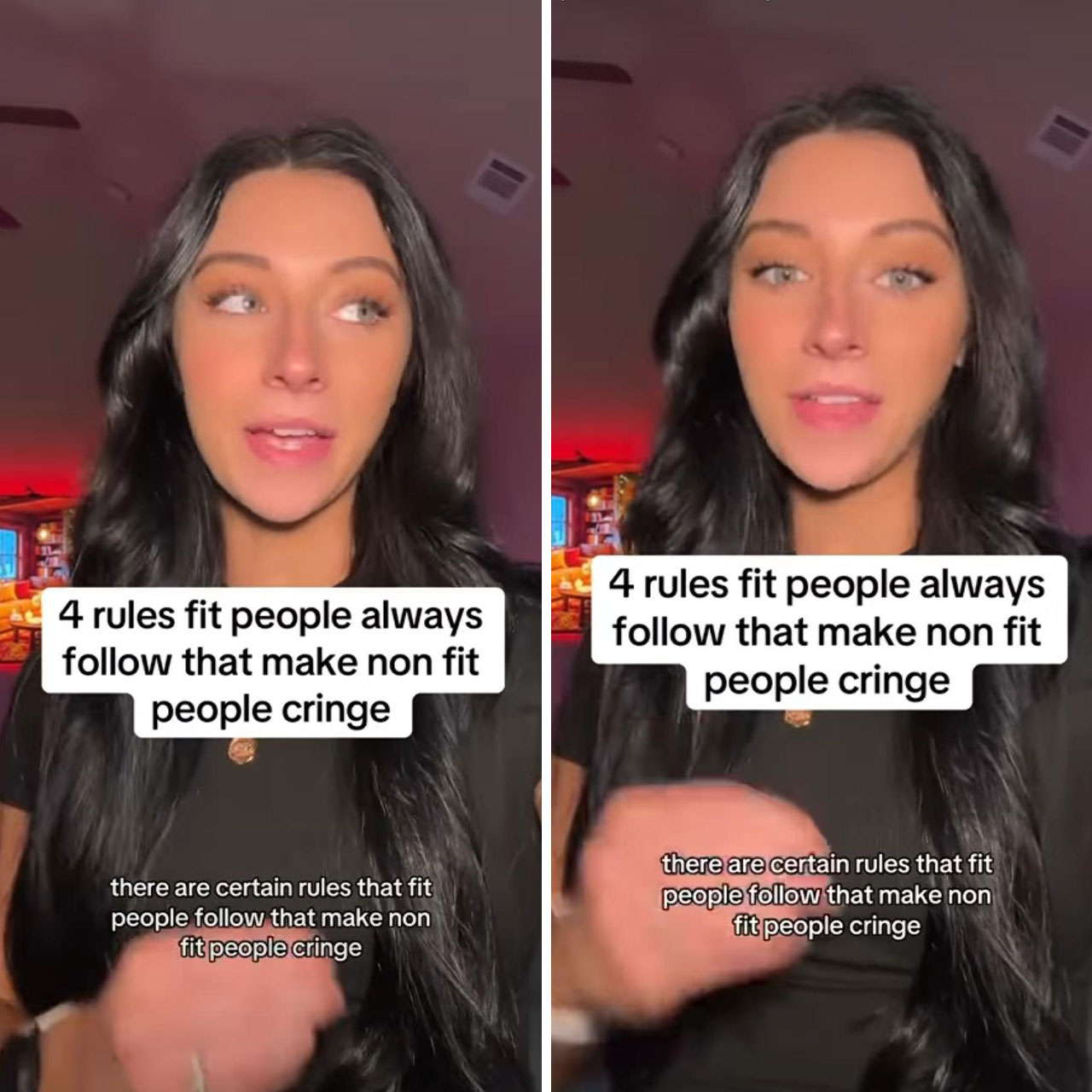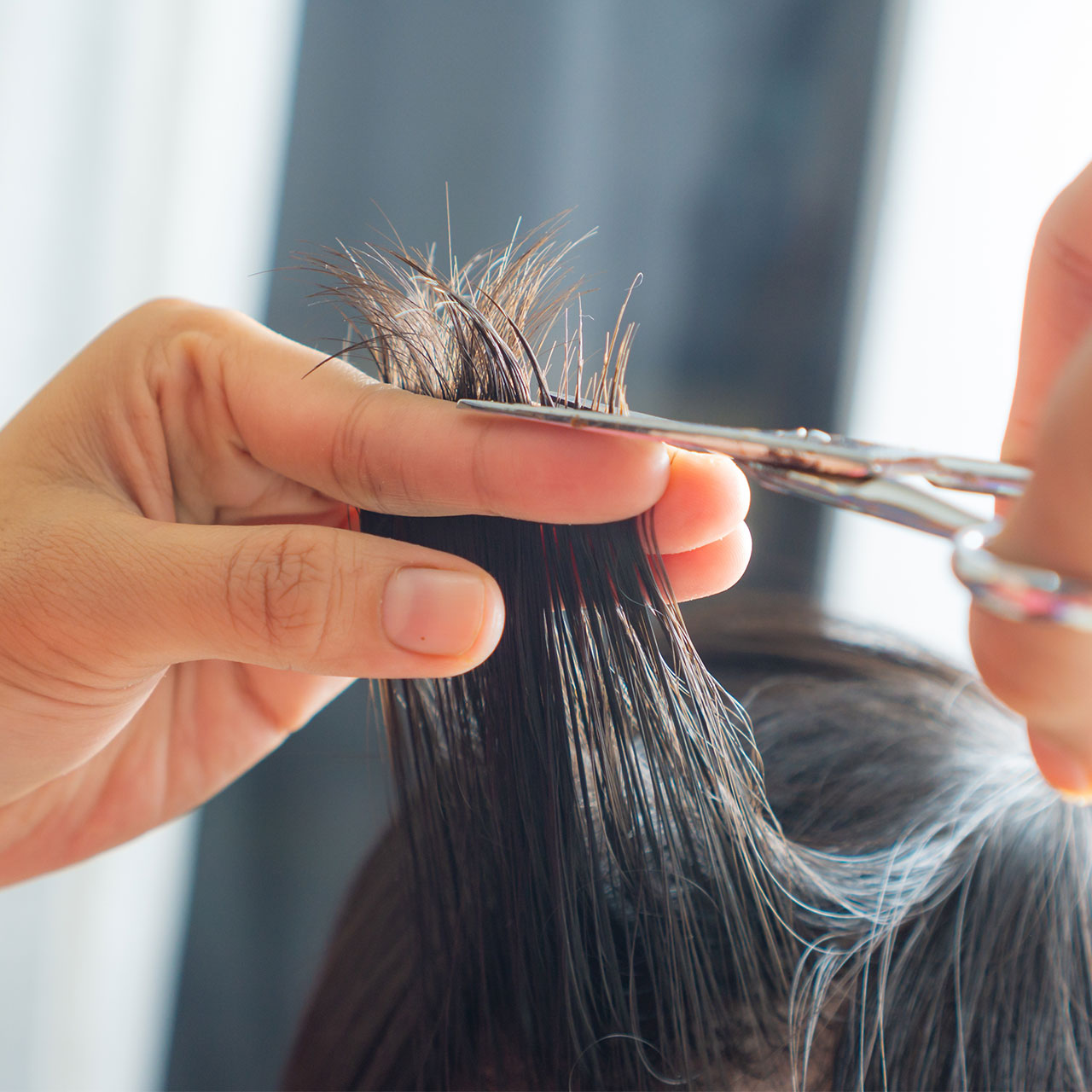There comes a time in the lives of many smartphone users when they have to make a few difficult decisions about which apps to keep and which to delete. Maybe your storage is at capacity — or your battery refuses to hold a charge. Maybe you’re becoming increasingly concerned with the things you are hearing about certain apps and security breaches they pose. Whatever the case, even if you’re just in the mood to do a little spring cleaning centered around your phone’s apps, who better to ask for advice on apps than tech experts who are in the know? These are the apps that experts say no one should have on their phones anymore in 2023.
Purge more than you keep
Hold onto your hat — many tech experts suggest getting rid of far more apps than you may have though necessary at first. According to David Pring-Mill, the founder of Policy2050.com, it’s a wise idea to purge everything except for encrypted communications apps, and apps that effectively streamline your day or save you money in a measurable way, on transparent terms that haven’t been violated.
“As for moments when you think you need a distraction – a distraction is not the same thing as a break,” Pring-Mill says. “Oftentimes, we look for a distraction when we really need a complete pause and breathwork or even a glimpse of nature to recenter. If you’re on, say, a long commute in a crammed subway car, and it’s hard to reframe someone else’s body odor as a mindfulness opportunity, I recommend supporting relatively objective news publications and treating their websites as a destination, instead of entering into those narratives through a social media app that could send you off in an infinite number of stimulating but often counterproductive directions.”
Kevin Zhou, the CEO and founder of REPART, is in agreement that apps that waste your time and reduce productivity should be among the first to go.
“These apps include social media apps, video games, and other entertainment apps that can distract me from my work,” Zhou says. “Instead, I would download apps that enhance productivity, encourage mindfulness, or aid personal and professional development. Examples include meditation apps, task management apps, and learning apps.”
Zhou also suggests deleting pre-installed bloatware apps that come with the phone and are not useful. “These apps take up valuable storage space and can slow down the phone’s performance,” he notes. “I would delete outdated productivity apps that I no longer use and replace them with Google Workspace apps such as Gmail, Google Keep, Docs, Sheets, Slides, Meet, Calendar, and more. These apps are more efficient and up-to-date, and they can help me save storage space and battery usage.”
Lastly, Zhou encourages users to delete apps that consume a lot of battery power and data usage. “These apps can drain the phone’s battery quickly and increase data usage, leading to additional charges,” he says. “I would remove apps that run in the background and consume data and battery power unnecessarily. I would also delete apps that I no longer use or need to free up storage space. By deleting these apps, I can save storage space, reduce battery usage, and improve the phone’s performance.”
It can be difficult to part ways with apps that you’ve come to rely on, particularly those that help ease boredom and provide a distraction. But a little app clean-up can improve your phone’s performance and maybe even your peace of mind.

























